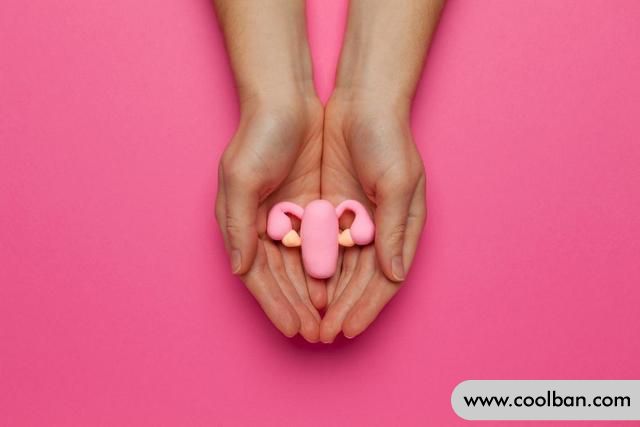How is polycystic ovary syndrome treated?
Polycystic ovary syndrome (PCOS) is a common endocrine disease in women. The main clinical manifestations are irregular menstrual cycle, low ovulation rate, amenorrhea, infertility, depression, obesity, acne and so on. Among them, irregular menstruation, low ovulation rate, and amenorrhea are the main reasons for female infertility or low pregnancy rate caused by polycystic.
Once a woman develops polycystic ovary syndrome, it must be treated in time and comprehensive conditioning work must be done. This disease has a great impact on women's fertility problems, but many women who are ill do not know how to deal with it, so that they find that they can't conceive when they want to get pregnant, and they regret it. How do women with polycystic ovary syndrome get better?

When I encounter polycystic ovary syndrome, how can I get better?
1. Diet conditioning
Women with polycystic disease are advised to keep a light diet and avoid cold, spicy, high-sugar, high-fat foods. Eat more protein and estrogen-rich foods such as grass carp, quail eggs, and beef and mutton. In addition, to eat more fresh vegetables and fruits, such as cabbage, spinach, mushrooms, white radish, large tofu, seaweed, dates, etc., will be helpful for disease treatment.
2. Exercise conditioning
It is best to do more aerobic exercise for polycystic ovaries, such as walking, skipping, jogging, swimming, etc., which can help patients with polycystic ovaries burn fat, and can also improve cardiopulmonary function, which is helpful for the recovery of polycystic ovaries. However, the exercise time should not be too long. It is better to control it within half an hour. Long-term exercise will cause the body to be overworked, which will easily lead to the decline of the body's resistance and affect the recovery of the disease.
3. Regular work and rest
Female patients must avoid staying up late for a long time. Staying up late will not only lead to abnormal hormone levels in the body and aggravate the disease, but over time, it is also very detrimental to the health of the ovaries, and is prone to uterine atrophy, osteoporosis, and persistent amenorrhea.
4. Psychological conditioning
For polycystic ovary syndrome patients with reproductive needs, they will bear a lot of psychological pressure. Because polycystic ovary syndrome is a disease of abnormal endocrine metabolism, and emotions such as anger, tension, depression, etc. will affect the endocrine, leading to aggravation of the disease. Therefore, maintaining a good attitude is very important for patients with polycystic ovary syndrome. It is necessary to treat with a positive attitude, seek the help of professional doctors in time, understand the relevant knowledge of polycystic ovary syndrome, and establish a positive and healthy attitude.

What should I do if women who are trying to conceive have polycystic ovaries and do not ovulate?
1. Drug therapy
Female patients with fertility requirements can choose ovulation induction therapy on the basis of improving their living habits. Drug treatment is used under the guidance of a doctor, and also has the characteristics of simple operation and low treatment cost. Then choose to have sex two days before ovulation to increase your chances of getting pregnant.
2. Surgical treatment
The clinical treatment of polycystic ovary anovulation is mainly surgical treatment. The laparoscopic technique can intuitively see the specific condition of the patient's ovary, and then carry out targeted treatment. It is currently the most popular surgical treatment method.
3. Traditional Chinese medicine conditioning
You can choose traditional Chinese medicine to take medicine under the advice of the doctor, which can not only maintain the ovaries, but also promote ovulation, regulate the function of the gonadal axis, secrete autologous estrogen, balance the function of the pituitary gland and the ovary, and regulate the female endocrine in both directions. It should be noted that the choice of drugs and the dosage of drugs should be carefully followed by the doctor's advice, and do not use drugs indiscriminately.
